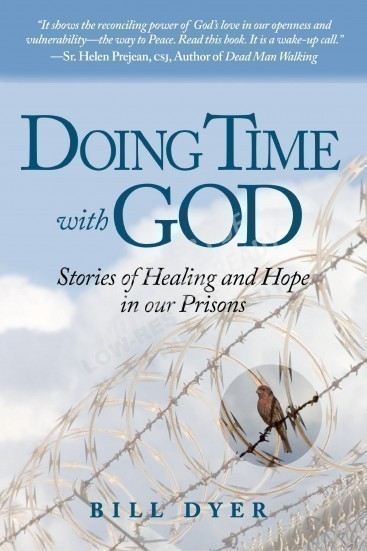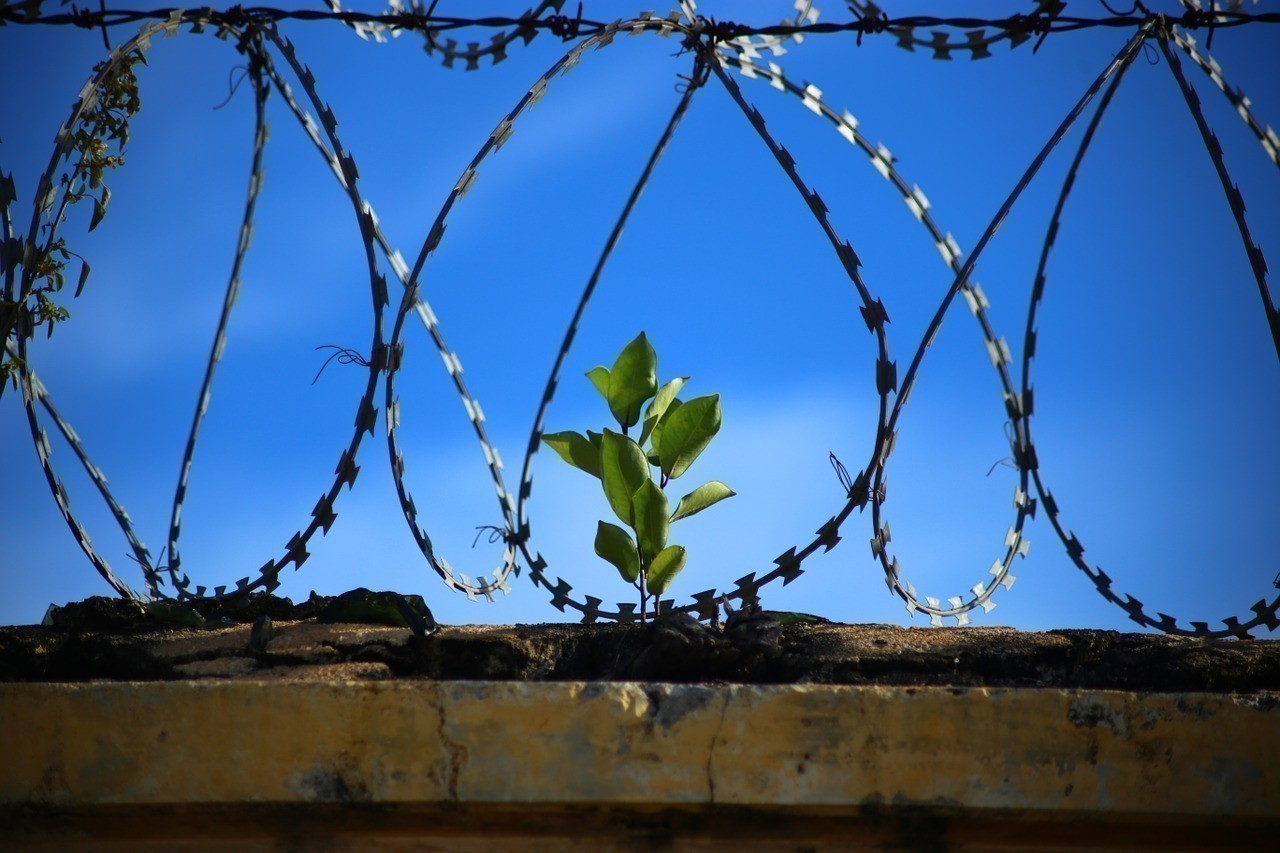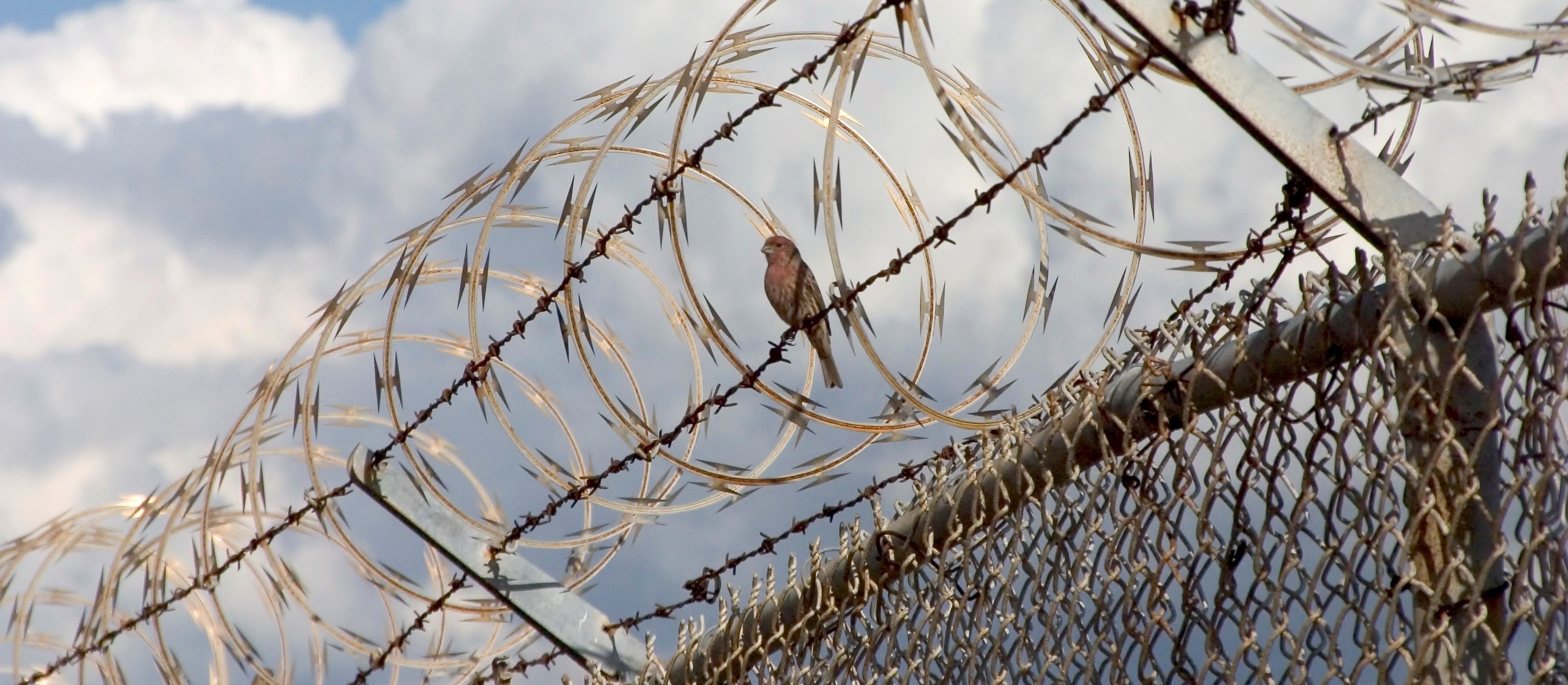Restorative Justice In Prisons Books
"A beautiful testimony of how our shared-life in God is renewed through story. It shows the reconciling power of God's love in our openness and vulnerability - the way to Peace. If you want to see who we are created to be for one another, read this book. It is a wake-up call."
Sr. Helen Prejean
Author of DEAD MAN WALKING
Doing Time With God - Bill Dyer
This is one of the best restorative justice in prisons books because the author was robbed and shot on his way to work and has been facilitating in-custody restorative justice programs for nine years. The stories in Doing Time With God are inspired by real conversations Dyer and other victims of violence have had with offenders. Readers experience how conversations like these are a source of healing for many victims and offenders.
Restorative Justice is a broad concept and there exist a number of books that best capture the idea. It’s hard to pass a sweeping definition on all these books about restorative justice, considering the idea itself is so diverse and overarching.
On this website, we’ve compiled a list of 32 best books on restorative justice -- but after going through the list, what you decide to go ahead and read will be contingent on your world view and the purpose of your knowledge search or research.
It’s however a well accepted fact that if you expose a smart woman or man to the right knowledge, like that which is contained in these restorative justice books, they should be able to put it into proper use.
2. Security with Care by Elizabeth May Eliot
Restorative justice is known to exist in the US, Canada, and Europe. But one thing we’re all forgetting is that it has been co-opted and side-lined by the domineering way the criminal Justice system has been operating for so many years.
This read definitely falls into the category of books on restorative justice that is worth considering. Elizabeth tries to establish that restorative justice cannot be administered within the confines of criminal justice and still be effective.
3. Restorative Justice and Civil Society by John Braith Waite
Those who advocate for restorative justice have always been in doubt on whether the government has the ability to serve its citizens with satisfactory justice. This book takes a deeper looking into that by examining the relationship between civil society and restorative justice.
4. Handbook of Restorative Justice by Sullivan
This handbook is a collection of some top-of-the-shelf essays that offer an insightful assessment of some of the theories, practices, and principles surrounding restorative justice.
5. The Mystic Heart of Justice by Stephen Lehman and Denise Breton
The world is unfair, and the authority the society relies on appears to be powerless or in favor of the fortunate.
Worse yet, the less privileged are judged by the same authority of teachers, law makers, and the clergy, making life even harder. This is one of the most liked books about restorative justice because it strives to return everything back on track by addressing some of these issues.
6. Restorative Juvenile Justice by Lorde Walgrave
This books cover a broad range of juvenile justice topics including the effects it has on victims, perpetrators and the community at large. Not to mention, the key practice and programs of a juvenile restorative justice system and the role they play in the life of youths.
Restorative Justice In Prisons Books
7. Governing Paradoxes of Restorative Justices by John Pavlich
Restorative Justice has always been in support of group counseling, more so that which involves bringing together the perpetrator and the victim. Restorative justice just steps in to fill the gap without getting green-lighted by the government. John Pavlich offers a comprehensive commentary on why this is so, as well as some of the measures that should be installed in place in order to make it even more accessible to participants and observers alike.
Check Out More Books That Relate To Restorative Justice In Prisons Books

Doing Time With God Is One Of The Most Page Turning Restorative Justice In Prisons Books Because The Stories Are Completely Unpredictable And Life Changing
While reading this book, you may experience these things happening in yourself. Discussion questions and an afterword by the author invite you to reflect on your own journey, discover new meaning, and expand this movement of Peace in your life.
Why Does Doing Time With God Stand Out Among Restorative Justice In Prisons Books?
Since most people have no idea what it is like entering a maximum security prison, in Doing Time With God the author begins there - taking the reader on a journey so they can experience what that is like. This unique factor is one reasons why Doing Time With God stands out as one of the most engaging restorative justice in prisons books.
From there, readers take a place in the circle of an in-custody restorative justice program and experience the kinds of conversations that take place as victim-survivors of violence and offenders share their stories with one another for healing, understanding, rehabilitation, and to reduce recidivism.
Some readers imagine themselves in the circle dealing with particular situations and/or conversations that arise. This can be very helpful for offender and victim readers as they make Doing Time With God part of their healing journey; however, it can also be helpful for people who are simply interested in restorative justice or are considering being a part of an in-custody restorative justice program.
One of the most special features of Doing Time With God is how it reveals God's healing presence transforming lives in places that most people could never imagine - in the middle of the darkness and oppression that exists in maximum security prisons.
Doing Time With God also reveals the power of stories and the healing and change that occurs when people come together and listen and share from their heart. Through the stories in the book, readers experience the sense of relief and freedom that crime victims and offenders realize as a result of courageously moving through this process.
Doing Time With God is one of the best books on restorative justice because, as the reader, you have a seat in the circle and can experience victim satisfaction and offender accountability taking place through the process at a depth that transcends concepts.
"As I read this book I felt the Holy Spirit in it and in me. I cried, I laughed, and I let God change me. The book is honest, upfront, REAL, and filled with God’s love."
Doing Time With God Is One Of The Best Restorative Justice In Prisons Books Because The Stories Reveal How Some Of The Harm Caused By Crime Can Be Repaired Through The Process Of Restorative Justice


